Price: AS Per Design & Square-Feet
A modular kitchen is a modern, pre-fabricated kitchen design that utilizes standardized units or modules that can be assembled and customized to fit a specific space. These modules are generally made of durable materials like plywood, MDF, or metal and are designed to be easily installed, replaced, or reconfigured. Here’s a brief overview of the key elements of a modular kitchen:
Key Features:
- Pre-fabricated Units:
- The kitchen is made up of individual, factory-built components, including cabinets, drawers, shelves, and counter units. These components are designed to fit together seamlessly, reducing construction time and providing flexibility in design.
- Customization:
- Modular kitchens can be tailored to suit the specific needs, tastes, and space of the homeowner. You can select from various finishes, colors, materials, and hardware to create a kitchen that fits your style and functional requirements.
- Space Optimization:
- Modular kitchens are designed to maximize the use of available space. Clever storage solutions, such as pull-out baskets, pull-out pantry units, and corner units, help make efficient use of every inch.
- Ease of Installation:
- Since the units are pre-fabricated, installation is faster and less labor-intensive than traditional carpentry. The modular units are simply assembled on-site.
- Aesthetic Appeal:
- The modular design offers a sleek, contemporary look with clean lines and smart configurations. Modern kitchen accessories and finishes, such as glass shutters, soft-closing mechanisms, and LED lighting, are commonly incorporated.
- Durability and Maintenance:
- Modular kitchens are built to be durable and are often made with materials resistant to moisture, heat, and wear. They are easy to maintain due to their standardized construction, and individual modules can be replaced if damaged or if you wish to update the design.
Components of a Modular Kitchen:
- Base Units:
- These are the lower cabinets or storage units, which typically house heavy appliances such as the oven, dishwasher, or sink.
- Wall Units:
- These are the upper cabinets, which can be used for lighter storage such as plates, glasses, and dry goods.
- Countertops:
- A wide range of materials can be used for countertops, such as granite, quartz, laminate, and even solid wood. The choice depends on aesthetic preference and durability needs.
- Drawer Units:
- Drawers are an essential part of a modular kitchen, providing better access to stored items compared to traditional cabinet doors.
- Accessories and Hardware:
- These include soft-closing mechanisms, pull-out racks, cutlery trays, basket systems, sink organizers, and more to improve organization and accessibility.
- Appliances:
- Appliances like refrigerators, microwaves, ovens, and dishwashers can be integrated into modular kitchens, ensuring a streamlined, clutter-free look.
Types of Modular Kitchen Layouts:
- Straight Kitchen:
- The layout consists of cabinets and appliances arranged along one wall. Ideal for small spaces or narrow kitchens.
- L-shaped Kitchen:
- Features two perpendicular runs of units, creating an “L” shape. This layout is highly versatile and works well for medium-sized kitchens.
- U-shaped Kitchen:
- Three walls are utilized for storage and appliances, providing plenty of counter space. It is suitable for larger kitchens.
- Island Kitchen:
- An island unit is placed in the center, often used for cooking or additional storage. This layout works well for spacious kitchens with an open plan.
- Parallel Kitchen:
- Two parallel runs of units face each other, often with a work triangle (sink, stove, refrigerator) in mind. This layout is efficient and ideal for narrow kitchens.
Advantages of a Modular Kitchen:
- Quick Setup: Since the units are pre-manufactured, installation is faster compared to traditional kitchen designs.
- Efficient Use of Space: Modular kitchens make use of available space in an optimized way, with options for clever storage solutions.
- Cost-Effective: Modular kitchens can be more affordable in the long run due to reduced labor costs and easy maintenance.
- High Functionality: They are designed for ease of use and functionality, with features like soft-closing drawers, pull-out racks, and more.
Disadvantages:
- Initial Cost: While generally more cost-effective over time, modular kitchens can have a higher upfront cost compared to traditional, custom-built kitchens.
- Limited Flexibility in Some Designs: Though highly customizable, some constraints exist based on the pre-fabricated nature of the modules.
Conclusion:
A modular kitchen is a practical and stylish solution for modern homes. With its focus on customization, space optimization, and efficient installation, it’s a great option for homeowners seeking convenience, functionality, and aesthetic appeal.

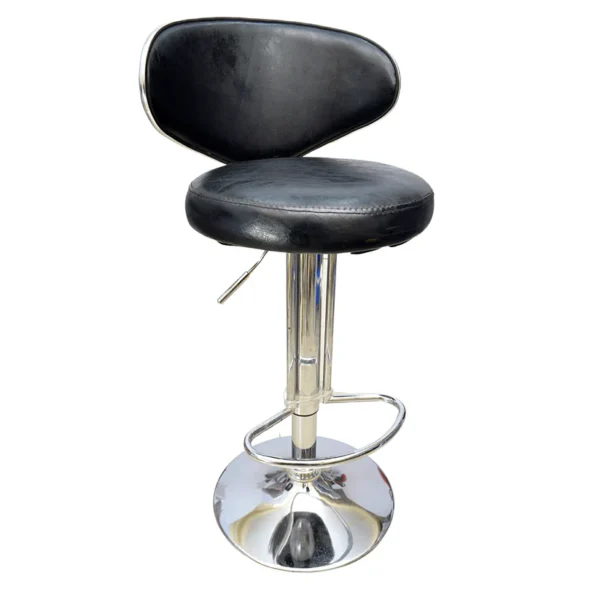
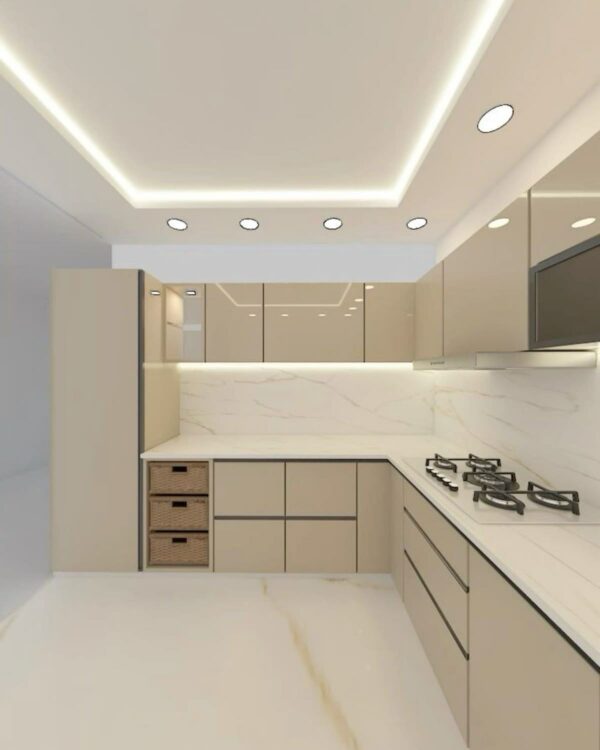
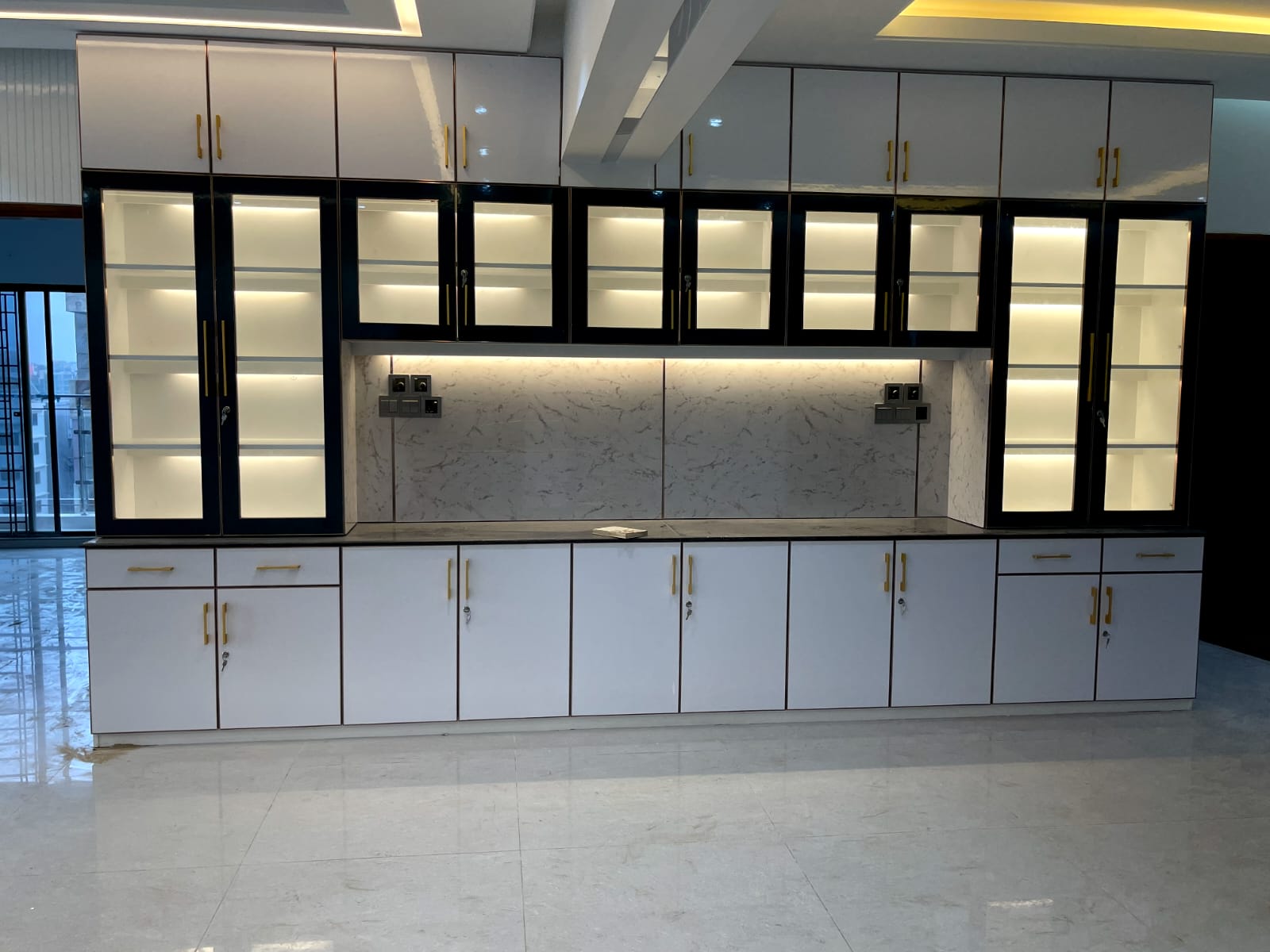
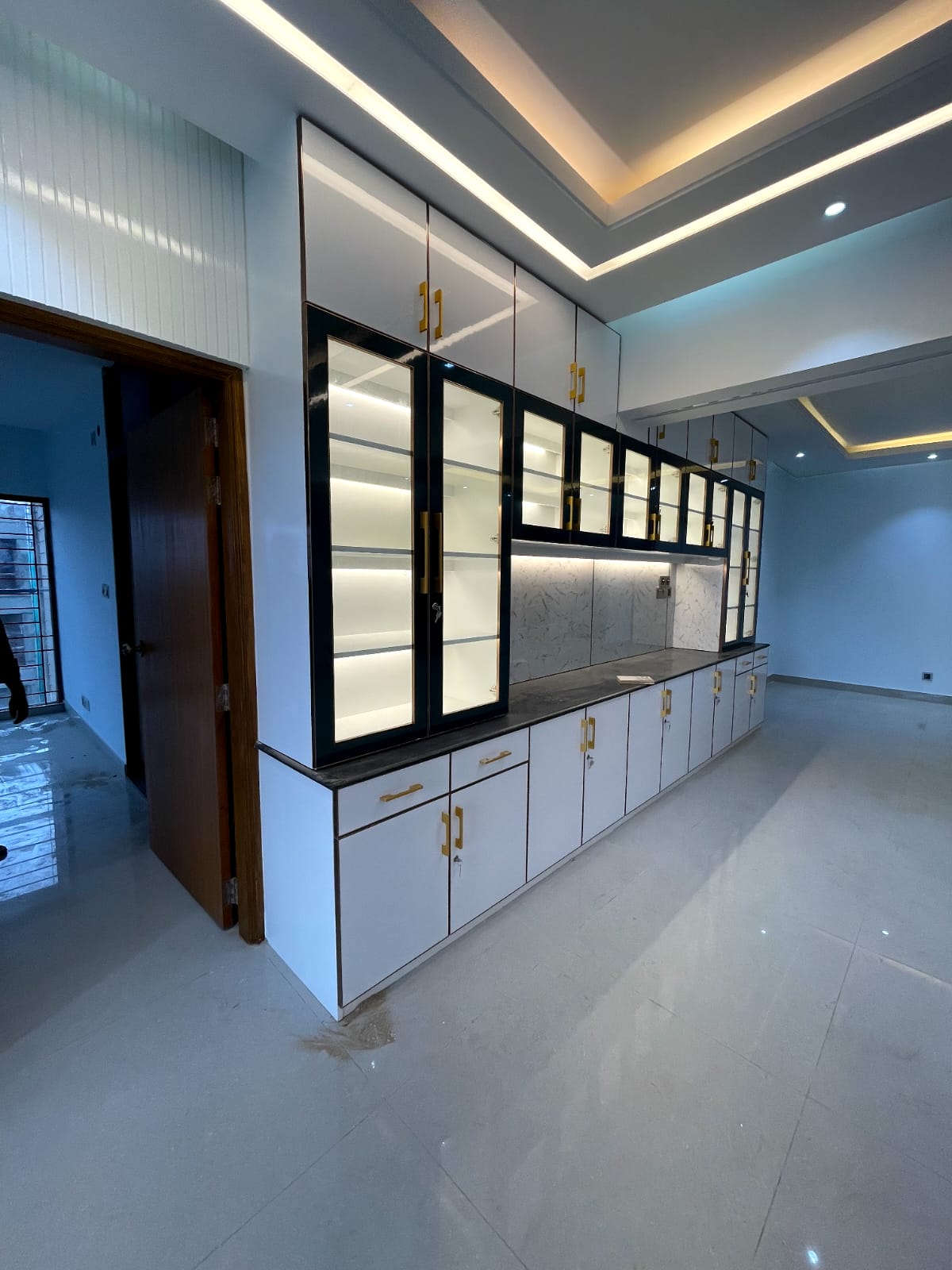
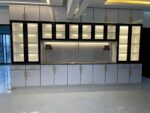
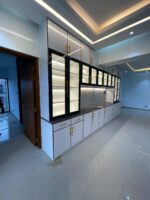
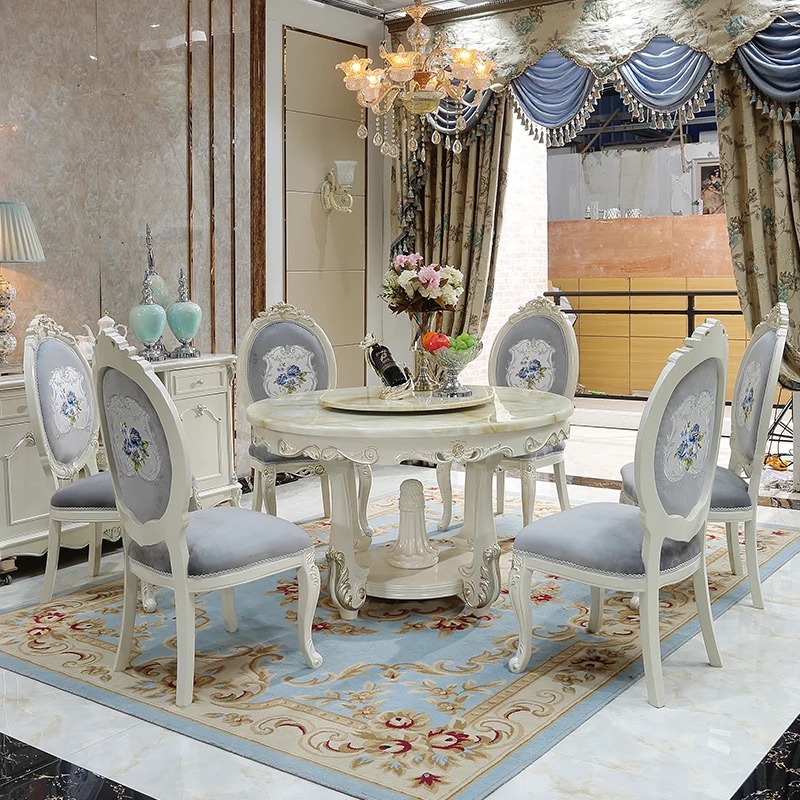
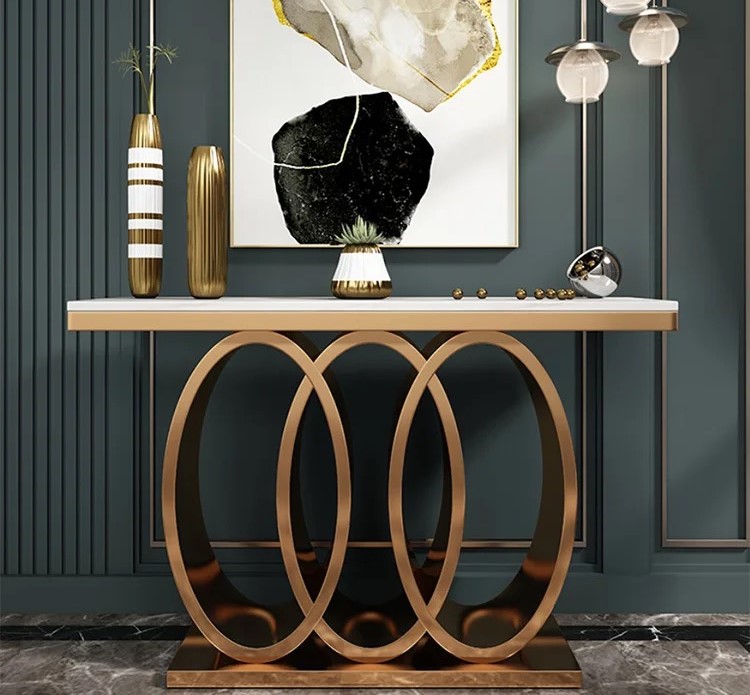
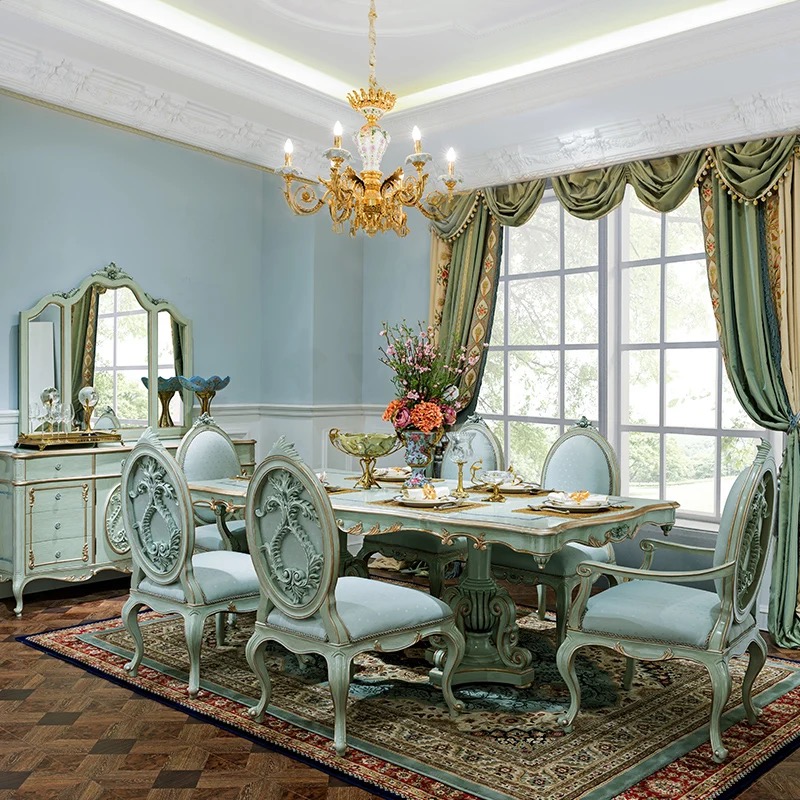
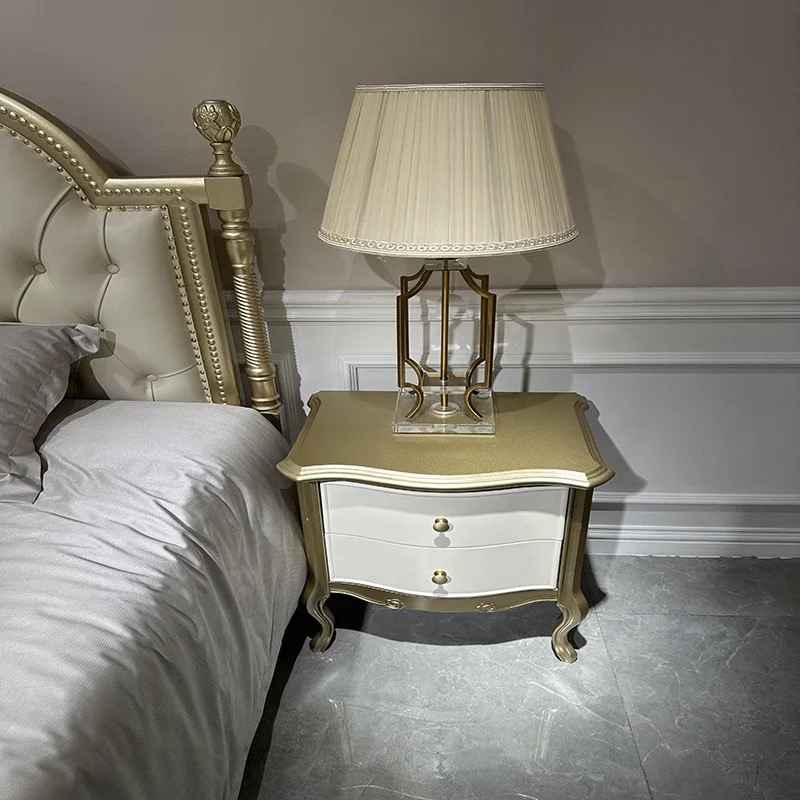
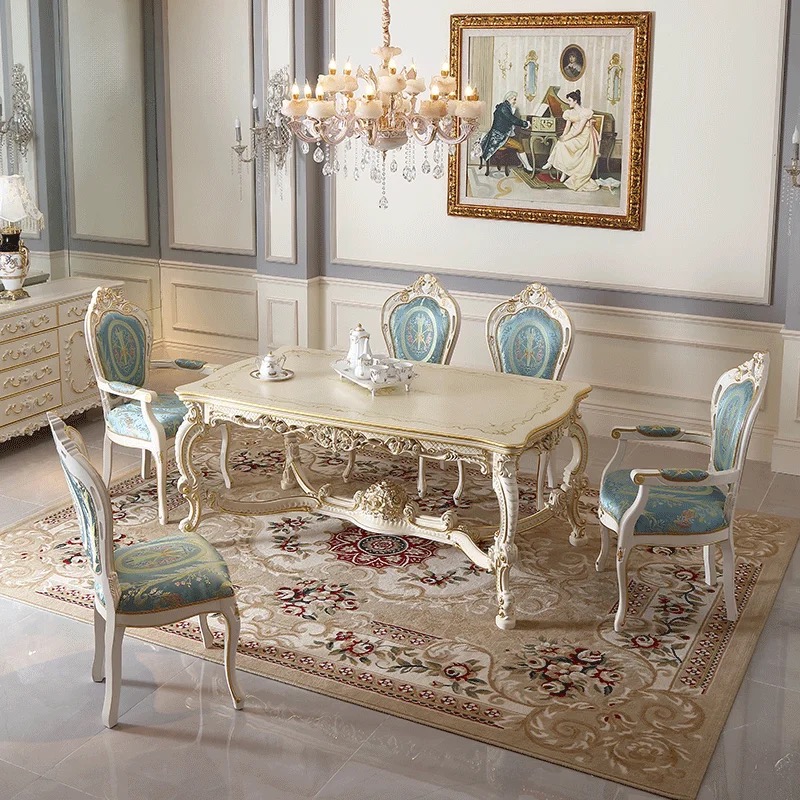
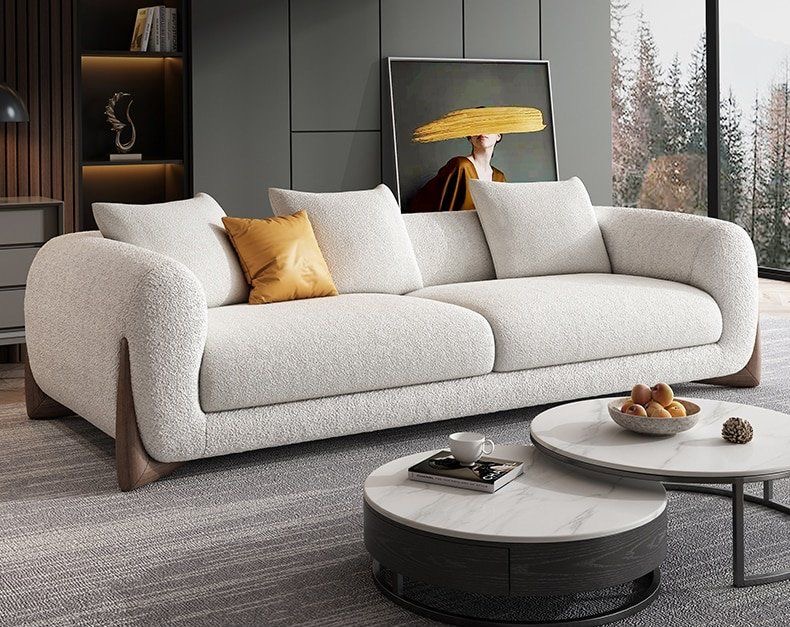
Reviews
Clear filtersThere are no reviews yet.